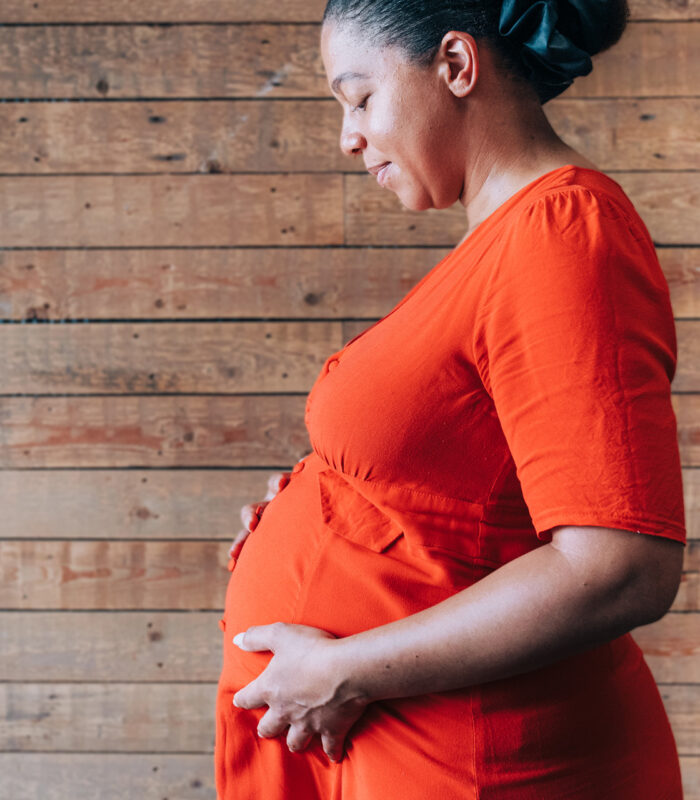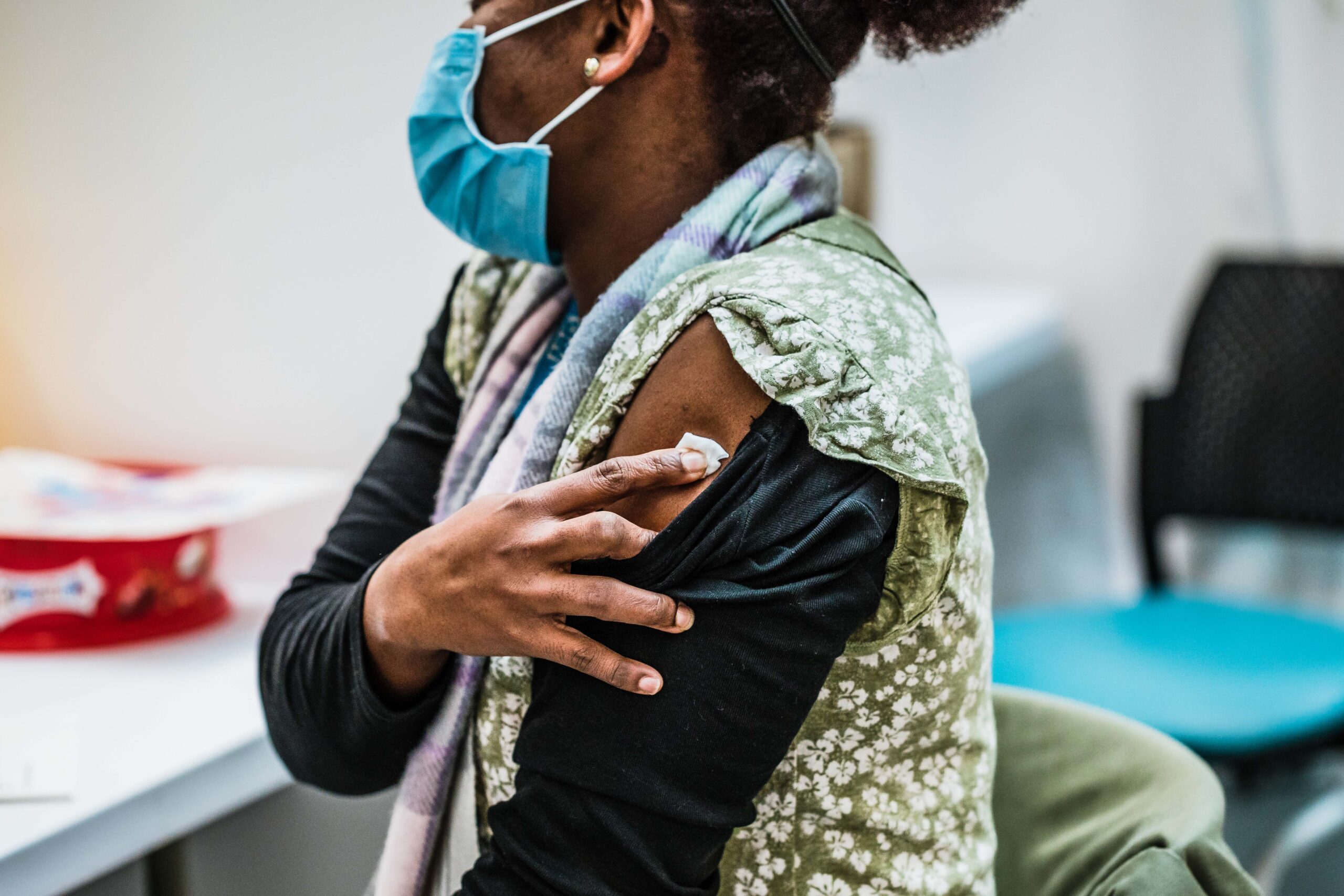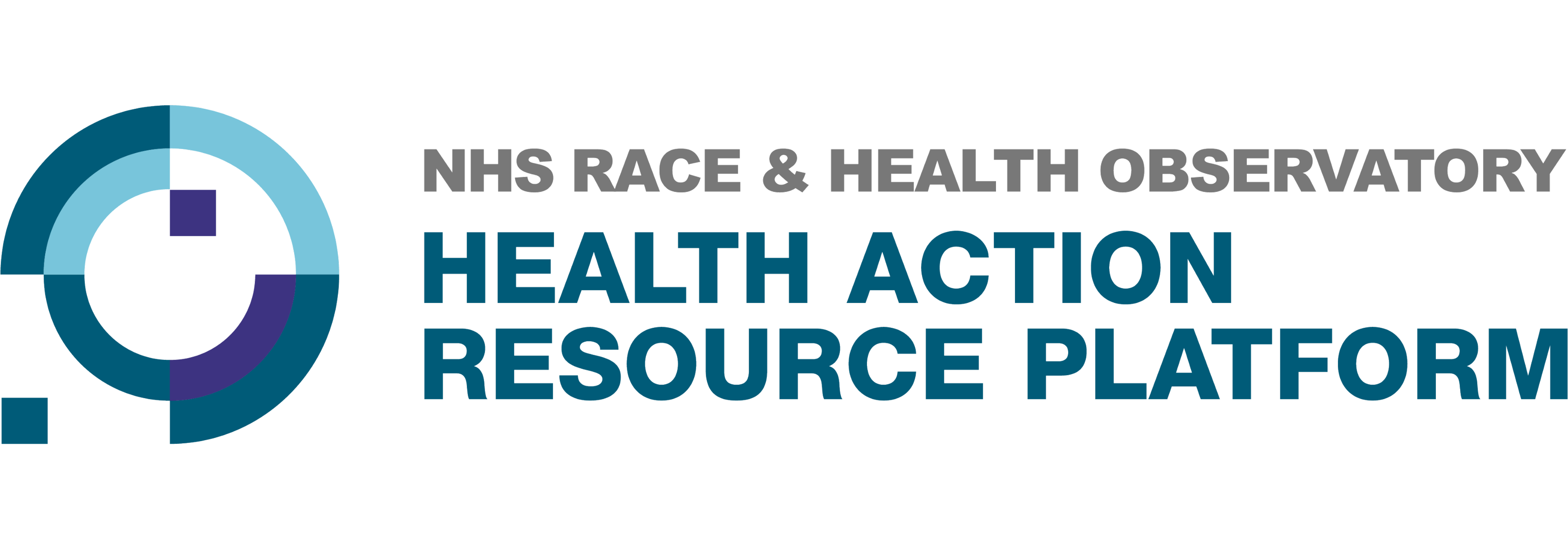Introduction
“When you know: Childbirth in the Asylum System”, is a powerful 44 minute film co-created with experts by experience. It explores themes of displacement, isolation, fear, and health inequalities, highlighting the maternal health consequences of structural barriers faced by people giving birth in the asylum system. Developed as part of the Best for Baby Too Improvement Collaborative in Liverpool, the film presents personal testimonies from five women and a hard-hitting case study exploring the potential catastrophic consequences of avoidable structural issues. This film is intended as a learning resource for any healthcare professionals involved in the maternity care of people with precarious immigration status but its themes are relevant to all areas of health and asks all healthcare professionals watching: ‘now you know, what will you do? ‘
Please be aware this film contains discussions of neonatal and maternal death

Seeking Asylum in the UK
In the UK, a signatory to the 1951 Refugee Convention, there is a commitment to protecting individuals fearing persecution. A “refugee” is defined as someone fearing persecution who is outside their home country and unable or unwilling to return. An “asylum seeker” is a person who has formally applied for protection under the 1951 Refugee Convention or Article 3 of the European Convention on Human Rights. Refugee status is granted once an asylum claim is accepted. While specific data on the number of pregnant women seeking asylum is not routinely published, it’s relevant to note that in 2024, 23,351 females aged 18 and over, representing 22% of all asylum claims, sought protection in the UK[1]. This highlights that a significant number of women, including those who may be pregnant or become pregnant, are navigating the asylum system.
The Asylum Process
The asylum process, critical for pregnant individuals seeking safety, begins with claiming asylum to authorities. A screening interview collects personal details and assesses self-support ability. Those without admissible reasons may face detention and return. Destitute pregnant individuals receive Asylum Support, often in Home Office accommodation. A substantive interview follows to assess the asylum claim. While intended for six months, many claimants wait two years or more for this interview, impacting continuity of maternity care.


Asylum Support
The very limited financial support provided to asylum seekers creates significant hardship for pregnant women. This extreme poverty makes it difficult to afford nutritious food vital during pregnancy and cover transport to essential appointments, often forcing difficult choices between basic needs. Despite these challenges, pregnant asylum seekers are entitled to free maternity care. They also receive an extra £5.25 per week and can apply for a £300 Home Office grant for baby equipment from 29 weeks of pregnancy or within six months after birth. An additional £9.50 per week is provided for the baby’s first year of life.
Find out more
The research and accompanying documents were developed by the Best for Baby Too Improvement Collaborative in Liverpool, in close collaboration with experts by experience.
WYK handout
This worksheet accompanies screenings of “When You Know: Childbirth in the Asylum System,” offering background on the UK asylum process, including unfamiliar terms. It aims to provide a reflective space after the film, covering asylum statistics, process details, support, and pregnancy entitlements. (Download)
WYK learning resources
This file contains post-film discussion points and activities for “When You Know: Childbirth in the Asylum System”. It aims to deepen understanding and encourage practical application of insights by facilitating group reflection on themes like Samaa’s story, social isolation, fear, communication, midwife’s role, poverty, Maslow’s Hierarchy of Needs, and Social Determinants of Health. (Download)
WYK reflective template for GPs
This document is a reflective template for General Practitioners (GPs), designed to prompt reflection on the “When You Know: Childbirth in the Asylum System” film’s themes, challenges, and how to adapt clinical practice. It also provides information on asylum support and further resources. (Download)

References
- [1] Home Office (2025). How many people claim asylum in the UK? [online] GOV.UK. Available at: https://www.gov.uk/government/statistics/immigration-system-statistics-year-ending-december-2024/how-many-people-claim-asylum-in-the-uk.
